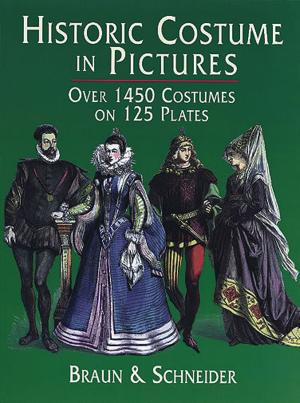| Author: | S. H. Steinberg | ISBN: | 9780486821368 |
| Publisher: | Dover Publications | Publication: | May 17, 2017 |
| Imprint: | Dover Publications | Language: | English |
| Author: | S. H. Steinberg |
| ISBN: | 9780486821368 |
| Publisher: | Dover Publications |
| Publication: | May 17, 2017 |
| Imprint: | Dover Publications |
| Language: | English |
"A concise and scholarly but entertaining account of the relation between printing and civilization." — British Printer.
This highly readable survey traces the history of printing with movable type from its 15th-century beginnings in Gutenberg's workshop to the technical advances of the 20th century. Observations on type design, book production, bestsellers, censorship, and other topics explore associations between printing and education, language, and literature.
S. H. Steinberg's classic study begins with the creative century, from 1450 to 1550, which witnessed the invention and origins of practically every single feature that characterizes modern printing. A look at the era of consolidation follows, noting additional developments and refinements. The final section examines the 19th century and its era of mechanization, which began with the invention of lithography and ended with William Morris's rediscovery of the Middle Ages. The book concludes with the radical innovations of the 20th century, ranging from new methods of production and distribution to the changing habits of producers and readers.
"A concise and scholarly but entertaining account of the relation between printing and civilization." — British Printer.
This highly readable survey traces the history of printing with movable type from its 15th-century beginnings in Gutenberg's workshop to the technical advances of the 20th century. Observations on type design, book production, bestsellers, censorship, and other topics explore associations between printing and education, language, and literature.
S. H. Steinberg's classic study begins with the creative century, from 1450 to 1550, which witnessed the invention and origins of practically every single feature that characterizes modern printing. A look at the era of consolidation follows, noting additional developments and refinements. The final section examines the 19th century and its era of mechanization, which began with the invention of lithography and ended with William Morris's rediscovery of the Middle Ages. The book concludes with the radical innovations of the 20th century, ranging from new methods of production and distribution to the changing habits of producers and readers.















